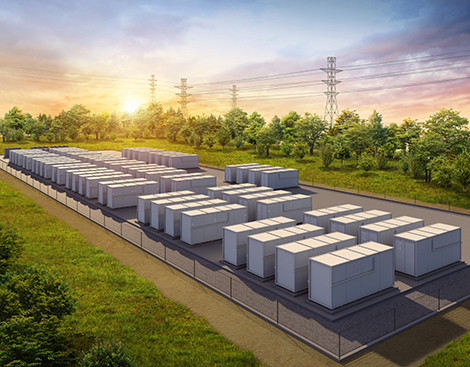Grid-scale battery energy storage systems (BESS) were the biggest winners in Japan’s first ever long-term decarbonized power auction, which was held in January, showing that investments in the innovative green technology are well worth the risk.
That first auction, which was conducted under the auspices of the Organization for Cross-regional Coordination of Transmission Operators (OCCTO), proved to be most profitable for BESS and pumped hydro storage developers. The government had allocated over 1.6 GW of capacity for 30 such projects.
Nevertheless, even though the government introduced the scheme to promote and finance a shift away from fossil fuels, it supported the co-firing of ammonia or hydrogen with coal. Also, the auction had a separate category for gas-fired capacity from LNG. Such an approach initially raised concerns that METI would use the scheme to prop up thermal generation.
Contrary to speculation, however, the auction results announced on April 26 showed that officials are not trying to slow the transition to renewables. In fact, the low-commitment auction criteria left both the government and developers with room for second thoughts.
So, how can we be sure that all of the winning projects will come online? How will the results affect the next auction? Japan NRG looks at the results of Japan’s first long-term decarbonized power auction (LTDA) and examines the rewards and challenges that developers may face.

